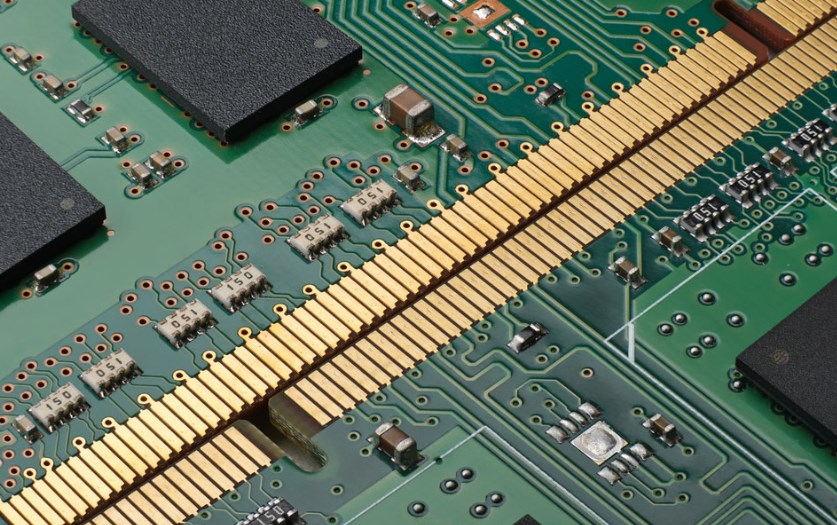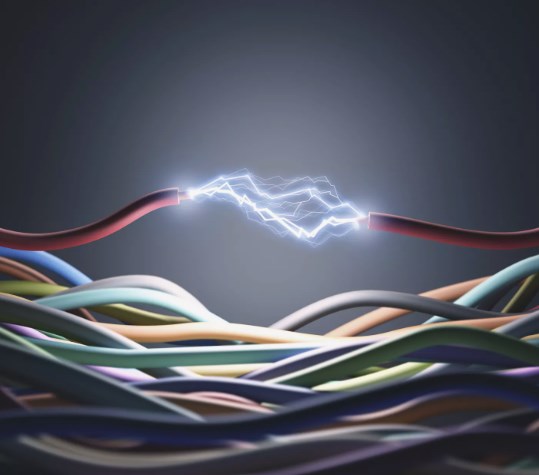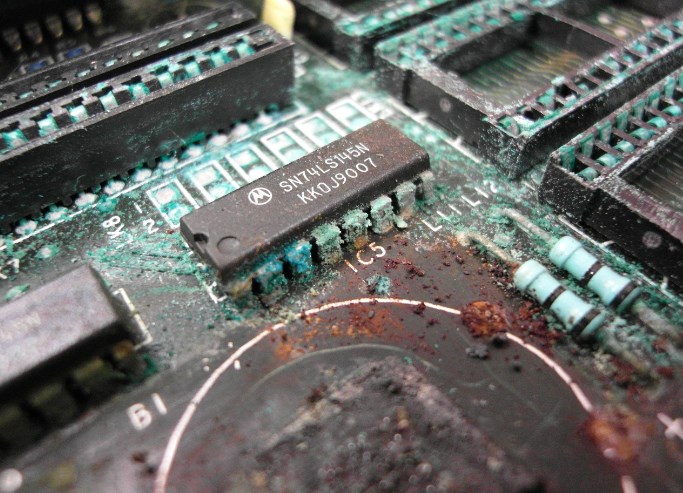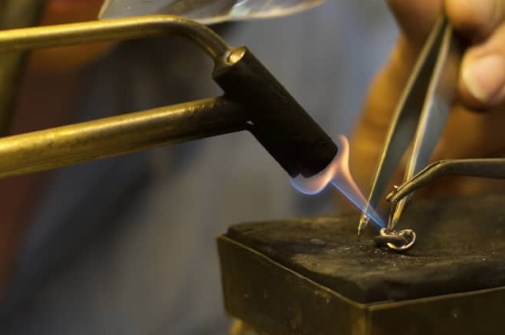OUTLINE:
Exploring the Crucial Role of Gold in PCB Manufacturing
 292
292PCBs (Printed Circuit Boards) are integral components of modern electronics, serving as the support body for electronic components and facilitating electrical connections. When it comes to surface treatment, one precious metal shines above the rest - gold. In this article, we will delve into the various aspects of why gold is extensively used in PCB manufacturing, highlighting its conductivity, oxidation resistance, longevity, and more.

Superior Conductivity:
One of the primary reasons for using gold in PCB manufacturing is its exceptional conductivity. Gold is an excellent conductor of electricity, second only to silver. Its low resistance allows for efficient transmission of electrical signals, ensuring optimal performance of electronic devices.

Oxidation Resistance:
Gold's robust resistance to oxidation is another key advantage. Copper, commonly used in the internal layers of PCBs, is prone to oxidation when exposed to air. This oxidation can lead to poor solderability and increased resistivity. By applying a thin layer of gold on key areas like pads, gold acts as a protective barrier, preventing oxidation and maintaining a reliable connection.

Longevity and Durability:
Gold's long lifespan is a significant benefit compared to other metals. As a non-reactive metal, gold does not tarnish or corrode easily, ensuring the longevity of PCBs even under harsh operating conditions. This durability translates into increased product reliability and reduced maintenance costs.

Solderability and Weldability:
Gold's unique properties make it an ideal surface for soldering. It forms a strong bond with solder, enabling reliable and consistent solder joints. The smooth, flat, and uniform surface of gold facilitates precise solder application, reducing the chances of solder bridges or weak connections. Additionally, gold's exceptional weldability makes it easier to assemble electronic components onto the PCB.

Compatibility and Interconnectivity:
Gold is remarkably compatible with various materials commonly used in PCB manufacturing. It exhibits excellent affinity towards solder, nickel, and other metals, ensuring good interconnectivity between different components of the PCB. This compatibility enhances the overall performance and efficiency of the circuitry.

Signal Integrity:
Gold's conductivity and durability contribute to maintaining signal integrity within the PCB. With its ability to transmit signals efficiently without degradation, gold plays a crucial role in high-frequency applications, such as RF (Radio Frequency) circuits and telecommunications equipment.
.jpg)
Environmental Benefits:
Contrary to popular belief, gold used in PCB manufacturing is often sourced from recycled or reclaimed sources. Recycling gold reduces the demand for new gold mining, minimizing the environmental impact associated with its extraction. Additionally, gold's inert nature ensures it doesn't introduce harmful substances into the environment during the PCB's lifetime.

Gold's remarkable conductivity, oxidation resistance, longevity, and compatibility make it the favored choice in PCB manufacturing. Its presence ensures reliable electrical connections, efficient signal transmission, and enhanced product durability. Furthermore, using recycled or reclaimed gold promotes sustainability in the electronics industry. As technology continues to advance, gold remains a shining star in the world of PCBs, cementing its position as the go-to choice for achieving optimal performance and quality.

Disclaimer: The views and opinions expressed by individual authors or forum participants on this website do not represent the views and opinions of Chipsmall, nor do they represent Chipsmall's official policy.

share this blog to:

